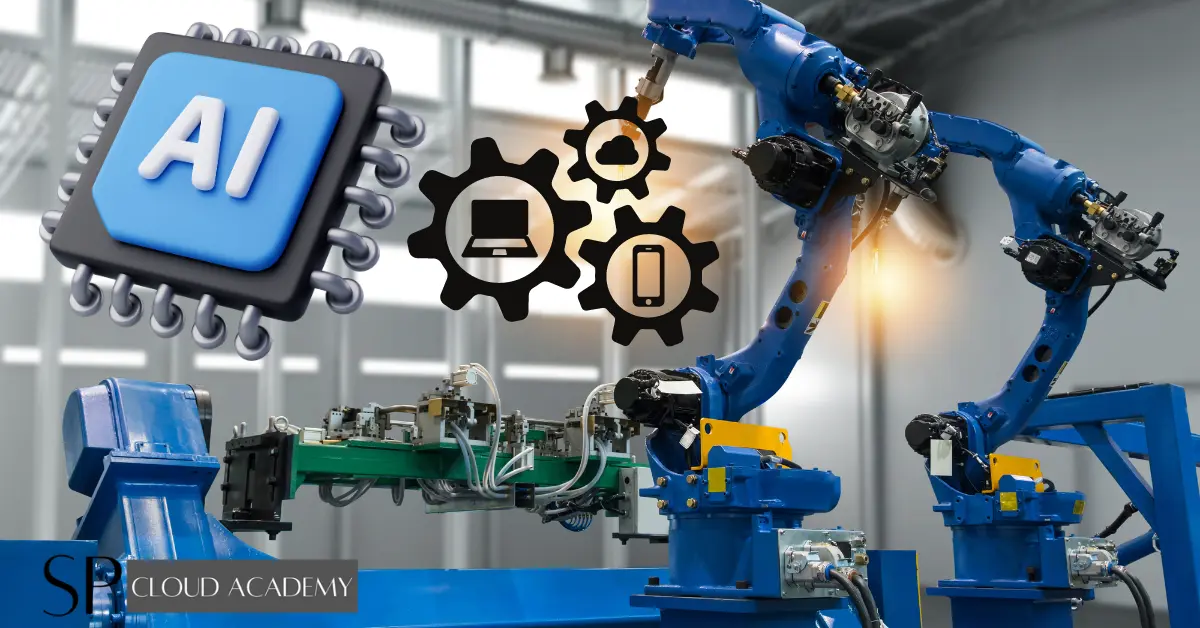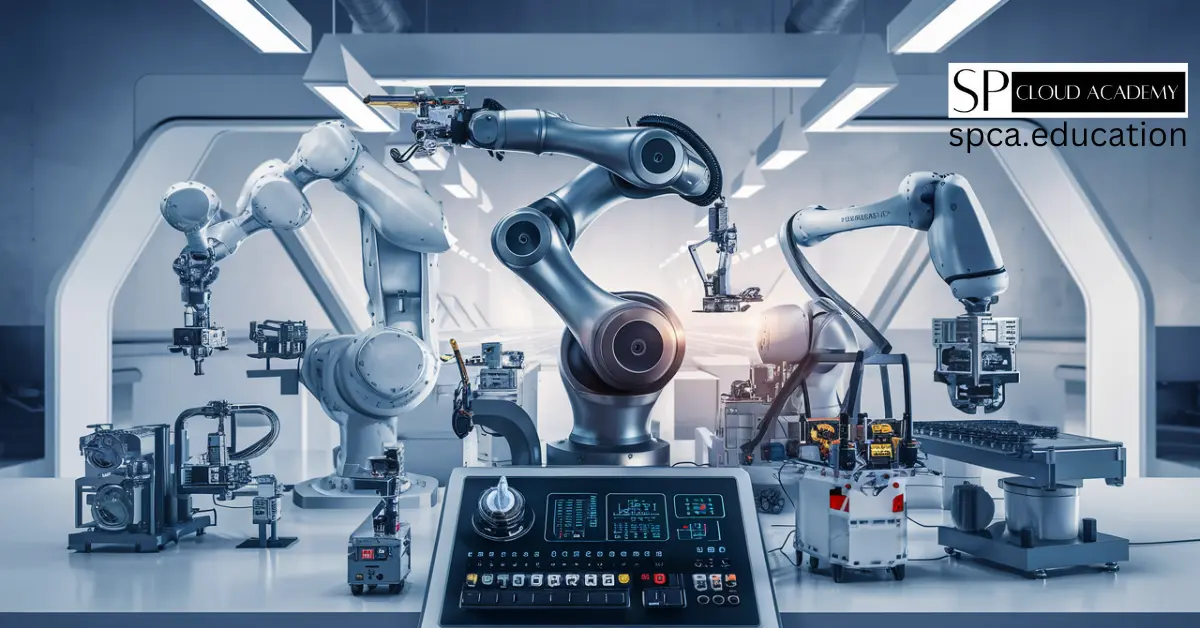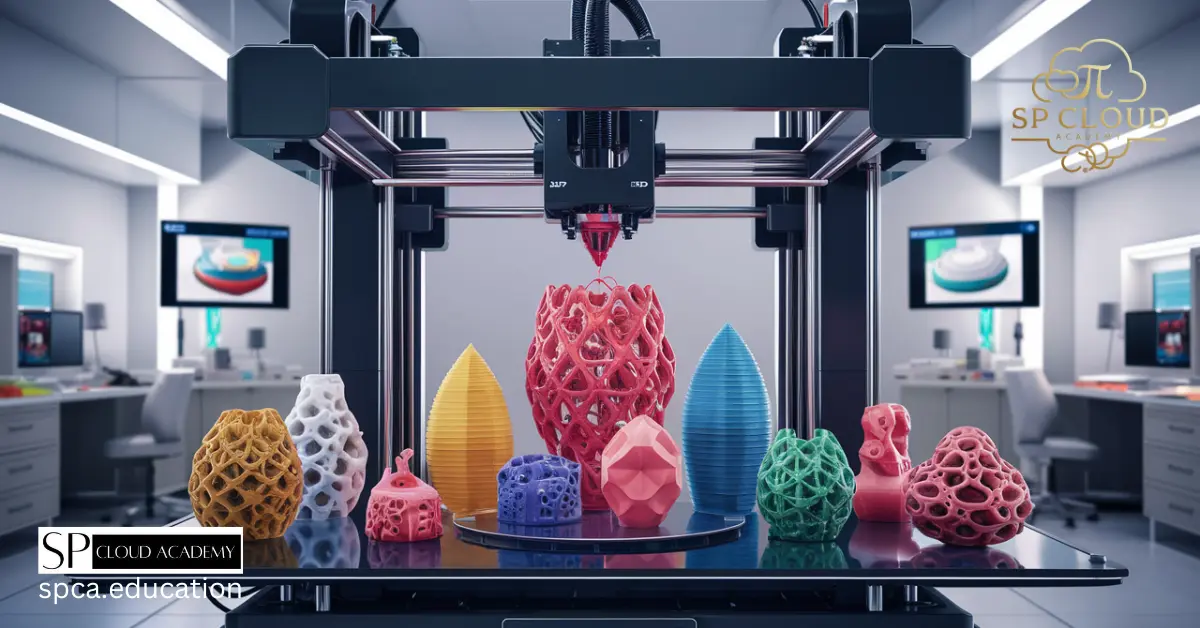Artificial Intelligence (AI) and the Fourth Industrial Revolution (IR 4.0) are closely intertwined concepts that have a significant impact on the way industries and societies operate. Let’s explore each of these concepts and their relationship:
Artificial Intelligence (AI):
AI refers to the simulation of human intelligence in machines that are capable of performing tasks that typically require human intelligence. This includes tasks like problem-solving, learning, decision-making, language understanding, and perception. AI technologies enable computers and systems to analyze data, make predictions, and adapt their actions based on new information.
AI encompasses a range of techniques and approaches, including machine learning (a subset of AI that involves training algorithms to improve performance over time), deep learning (a subfield of machine learning that focuses on neural networks and their layers), natural language processing (NLP), computer vision, robotics, and more.
In the context of AI and IR 4.0, AI plays a central role in driving the transformation of industries and societies by providing the ability to process massive amounts of data, automate tasks, and create intelligent systems that can enhance efficiency, innovation, and decision-making.
Fourth Industrial Revolution (IR 4.0):
The Fourth Industrial Revolution (IR 4.0) refers to the current phase of technological advancement characterized by the fusion of digital, physical, and biological systems. It builds upon the foundation of the Third Industrial Revolution (the digital revolution) and involves the integration of technologies such as AI, the Internet of Things (IoT), blockchain, 3D printing, advanced robotics, biotechnology, and more.
IR 4.0 is marked by the convergence of these technologies and their impact on various industries, including manufacturing, healthcare, transportation, agriculture, and more. It is driven by the increased connectivity and data exchange between devices and systems, leading to improved automation, efficiency, and innovation across sectors.
Relationship between AI and IR 4.0:
AI is a key enabler of the Fourth Industrial Revolution. The vast amounts of data generated by interconnected devices and systems in IR 4.0 can be effectively analyzed and utilized through AI algorithms. AI’s ability to extract insights, predict outcomes, and automate processes is instrumental in optimizing operations, reducing costs, and driving innovation in IR 4.0 scenarios.
For example, in manufacturing, AI-powered robotics can enhance automation and precision, while predictive maintenance powered by AI can prevent equipment failures before they occur. In healthcare, AI can analyze medical data to assist in diagnostics, drug discovery, and personalized treatment plans. In transportation, self-driving vehicles rely heavily on AI for navigation and decision-making.
In summary, AI and the Fourth Industrial Revolution are interlinked in a symbiotic relationship. AI technologies play a central role in realizing the transformative potential of IR 4.0 by harnessing the power of data and automation to drive progress across various industries and aspects of society.
FAQs
Here are some frequently asked questions (FAQs) about Artificial Intelligence (AI) and the Fourth Industrial Revolution (IR 4.0), along with their answers:
1. What is Artificial Intelligence (AI)?
AI refers to the simulation of human intelligence processes by machines, particularly computer systems. These processes include learning, reasoning, problem-solving, perception, and language understanding. AI technologies enable machines to perform tasks that typically require human intelligence.
2. What is the Fourth Industrial Revolution (IR 4.0)?
IR 4.0 is the current phase of technological advancement characterized by the fusion of digital, physical, and biological systems. It involves technologies like AI, the Internet of Things (IoT), advanced robotics, 3D printing, biotechnology, and more. IR 4.0 represents a convergence of technologies that transform industries and societies.
3. How does AI impact the Fourth Industrial Revolution?
AI is a central enabler of IR 4.0. It harnesses the vast amounts of data generated by interconnected devices and systems, making it possible to analyze data, automate processes, and extract valuable insights. AI’s capabilities enhance efficiency, innovation, and decision-making across industries.
4. What are some examples of AI applications in IR 4.0?
Examples include:
- AI-powered robotics for manufacturing and automation.
- Predictive maintenance using AI to prevent equipment failures.
- AI-driven personalized medicine and diagnostics in healthcare.
- Self-driving vehicles and AI-enhanced transportation systems.
- Smart cities with AI-driven infrastructure management.
5. How is AI different from previous industrial revolutions?
Previous industrial revolutions introduced new modes of production (steam power, mass production, digital technology), but IR 4.0 stands out due to the integration of digital, physical, and biological technologies. AI’s ability to process and make sense of vast data sets is a distinctive feature of this revolution.
6. What are the challenges of adopting AI in IR 4.0?
Challenges include ethical concerns (bias, transparency), data privacy, job displacement, and the need for reskilling the workforce to adapt to changing job roles.
7. How can businesses benefit from AI and IR 4.0?
Businesses can achieve improved efficiency, optimized operations, enhanced customer experiences, innovative product development, and new revenue streams through AI and IR 4.0 technologies.
8. What are the social implications of AI and IR 4.0?
The widespread adoption of AI and IR 4.0 raises questions about job displacement, unequal access to technology, privacy concerns, and the ethical use of AI. It also prompts discussions about the role of education and policy-making in addressing these challenges.
9. Are there any risks associated with AI and IR 4.0?
Risks include unintended consequences of AI decisions, security vulnerabilities in interconnected systems, and potential misuse of advanced technologies.
10. How can individuals prepare for the impact of AI and IR 4.0?
Individuals can focus on developing skills that complement AI (e.g., critical thinking, creativity, emotional intelligence), engage in lifelong learning, and stay updated on technological advancements and their societal implications.
Remember that both AI and IR 4.0 are rapidly evolving fields, and staying informed about their developments is crucial for understanding their impact on various aspects of our lives.



